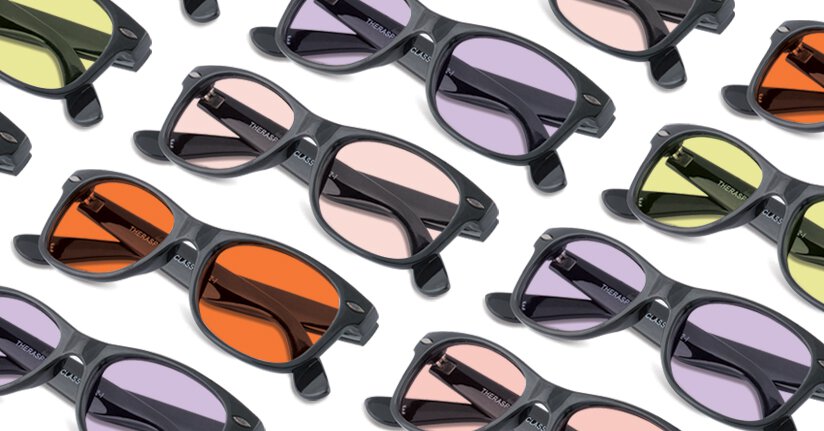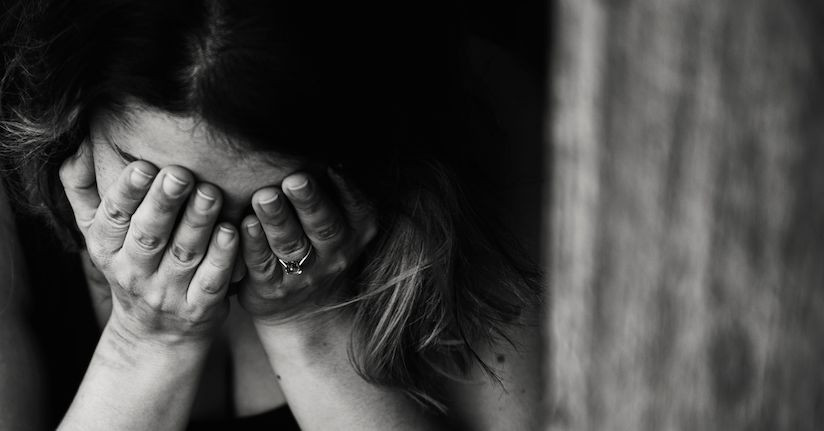Traumatic Brain Injury and Light Sensitivity
Traumatic brain injury and light sensitivity -- whether to all light or just fluorescent lighting -- go hand in hand. Sensitivity to light is the most common visual symptom for people with TBI and 60% of veterans with TBI report severe light sensitivity.
A generalized sensitivity to light due to TBI can cause:
- Fatigue
- Eye strain
- Eye fatigue
- Headache (which may or may not be migraine)
- Difficulty looking at objects
- Trouble concentrating
- Impaired movement
A sensitivity to fluorescent lighting due to TBI can cause:
- Fatigue
- Eye strain
- Eye fatigue
- Headache (which may or may not be migraine)
- Difficulty looking at objects
- Trouble concentrating
- Impaired movement
- Malaise
- Nausea
- Disequilibrium
- Dizziness
- Vertigo
Many people cope with light sensitivity by wearing sunglasses indoors, which actually increases a person’s sensitivity to light! Eyewear that filters the most problematic wavelengths of light for people with photophobia in a tint lighter than sunglasses is the most effective, least harmful way to cope with light sensitivity due to TBI. Because indoor TheraSpecs are lighter than sunglasses, they don’t worsen the problem of light sensitivity. They are also more effective at filtering the wavelengths of light that cause the most light-triggered symptoms.
References
- Du T, Ciuffreda KJ, Kapoor N. (2005) Elevated dark adaptation thresholds in traumatic brain injury. Brain Injury. 19:1125 -38
- Kapoor, N. “Photosensitivity following traumatic brain injury.” International Brain Injury Association website. Retrieved Jul. 30, 2014.
- Richman, E. “Traumatic brain injury and visual disorders: What every ophthalmologist should know.” Eyenet Magazine. Mar. 2014.
TheraSpecs Glasses for Light Management
Try our light-filtering glasses and stay protected against harsh light from screens, fluorescents, LEDs, unwanted blue light, bright sunlight, flashing lights, and more.





